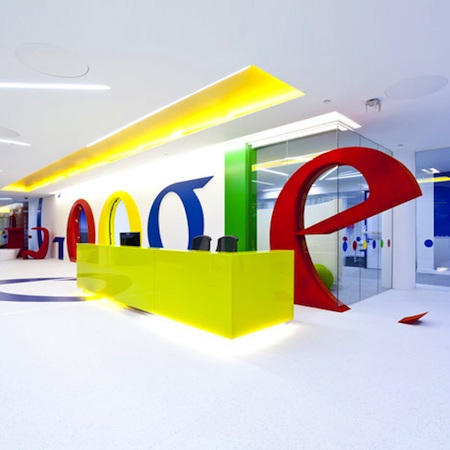Google Kills Ad-Blocking Apps From Play Store

Developers beware, after Google warned it will pull any Play Store apps that block adverts
Google has sent a clear warning to developers of apps for the Google Play Store.
It has removed at least four apps from the Play Store that had allowed users to block advertisements that appear when using their Android devices.
Ad-Blocking
The reports of the ad-blocking app removals have come from the developers of several of the apps, including at least one developer, Adblock Plus, which issued a 14 March press release criticising the move.
“Adblock Plus reported today that Google has removed all ad-blocking apps for Android, including Adblock Plus, from the Google Play Store,” the statement said. “Adblock Plus claims that this unilateral move by Google threatens consumer choice.”
 In an email to the developer, Google said that the ad-blocking app violates Section 4.4 of the store’s Developer Distribution Agreement, which prohibits the development or distribution of products that “interferes with, disrupts, damages, or accesses in an unauthorised manner the devices, servers, networks, or other properties or services of any third party including, but not limited to, Android users, Google or any mobile network operator.”
In an email to the developer, Google said that the ad-blocking app violates Section 4.4 of the store’s Developer Distribution Agreement, which prohibits the development or distribution of products that “interferes with, disrupts, damages, or accesses in an unauthorised manner the devices, servers, networks, or other properties or services of any third party including, but not limited to, Android users, Google or any mobile network operator.”
Till Faida, co-founder of Adblock Plus, said in a statement that Google has been unfairly targeting such apps in recent months and that this move marks the third time Adblock itself has been hit with attacks by Google.
“[T]oday’s action is the third in a string of actions that Google has taken against our open-source product: in late February Google began forcing Android users to manually configure a proxy server in order to run Adblock Plus; in December 2012 Google re-categorised Adblock Plus in the Chrome Web store and stopped showing it in search results when users specifically looked for the extension; and when Adblock Plus re-listed as an app on December 12th, Google took it down again 12 hours later,” Faida said.
“I realise that advertising revenue is important to Google, but understand that Adblock Plus does not automatically block all ads; we simply allow users the choice whether to block ads or whitelist them,” Faida said. “We even encourage advertising that is done appropriately and conforms to an Acceptable Ads policy, which is debated and decided in an open public forum. By unilaterally removing these apps, Google is stepping all over the checks and balances that make the Internet democratic. People should be really alarmed by this move.”
The disappearance of the app from the Google Play Store doesn’t mean that users can’t download it and use it, though. Adblock Plus is still available for free from the Adblock Plus Website. The app is an open-source project that has been downloaded more than 200 million times and which plugs into Chrome, Firefox, Opera or Android browsers, according to the company.
A spokesperson for the company could not be reached by eWEEK today for further comment.
Google Response
Meanwhile, a Google spokesperson said in an email reply that the company does not comment on individual app removals from its Google Play Store. “We remove apps from Google Play that violate our policies,” the spokesperson stated.
At least one other developer of an ad-blocking app also publicised Google’s action.
Jared Rummler, the developer of AdAway, posted on Twitter 13 March after he received a notice from Google about the action. “Got a notification from Google and it looks like all Ad Blockers were removed from Google Play today,” wrote Rummler.
In an update on an AdAway Webpage, Rummler wrote that his app “was removed due to ‘Violation of section 4.4 of the Developer Distribution Agreement.’ Thus, it will never be available on Google Play again.”
In response, he wrote, users who are seeking the app can find it instead through “F-Droid, the open alternative to Google Play.”
Several other ad-blocker apps were also removed by Google Play, including AdBlocker and AdFree, according to a story by TechCrunch.
Revenue Streams
A huge portion of Google’s revenue comes from ad revenues, so the ability of advertisers to get their ads in front of viewer’s eyeballs is huge for the company.
Google Play, which was created in March 2012 to combine what until then were separate sites where Android lovers could buy their favorite apps, music and ebooks, has been a huge hit. Before Google Play, users had to shop through the individual Android Market, Google Music and the Google e-Bookstore sites.